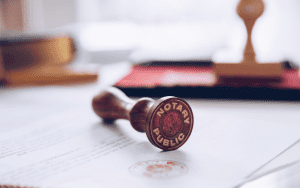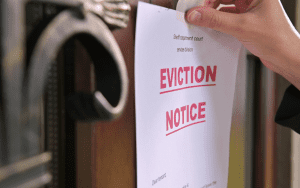Divorce can often be an extremely stressful and exasperating process, and even more so when one spouse enjoys complete financial stability and the other has to endure a dire financial position. Such cases clearly create a huge imbalance amongst parties to the divorce suit. South African law, however, provides relief for a party who may be prejudiced by this imbalance.
A spouse who plans on filing for a divorce or is currently in the process of getting divorced, may bring an application to the High Court for interim relief in terms of Rule 43 (or in terms of Rule 58 if the application is brought in the Magistrate’s Court) for an order granting any of the following:
- Interim Maintenance (including child and spousal maintenance);
- interim custody of the children and/or interim access to the children;
- and/or a contribution towards the legal costs of the pending divorce proceedings.
The purpose of a rule 43 application
A rule 43 application provides a relatively speedy and inexpensive remedy when maintenance is sought while the divorce proceedings are pending. Divorce proceedings can often be an extremely lengthy process and can, in some instances, take years to finalise. It is for this reason that a rule 43 application is available to a party seeking interim relief.
The procedure to obtain interim relief in terms of rule 43
An application for interim maintenance can be served on the other spouse prior to the issuing or service of a divorce summons, simultaneously with the divorce summons, or after a notice of intention to defend is received.
The spouse seeking interim relief (the applicant) will have to file what is known as a ‘founding affidavit’ with the High Court. The founding affidavit must set out all the relevant facts related to the divorce and why the applicant is of the opinion that they are entitled to interim maintenance/relief from the other spouse (the respondent).
The applicant will need certain prescribed documentation to file an application for interim maintenance, including:
- A notice in terms of rule 43, requesting the respondent to file an opposing affidavit within 10 days from receipt of the application;
- an affidavit accompanying the rule 43 notice;
- and an annexure setting out the applicant’s assets and expenses.
It should be kept in mind that a rule 43 order is an interim order and thus cannot be appealed. The rule 43 order remains in force until the parties to divorce proceedings settle or until the divorce is finalized. It is, therefore, of extreme importance that all relevant documents needed for the application are in order and sound legal advice is sought and obtained before bringing the application before a court. We have a number of professionals in our family law department who can assist you with your application.
This article is a general information sheet and should not be used or relied on as legal or other professional advice. No liability can be accepted for any errors or omissions nor for any loss or damage arising from reliance upon any information herein. Always contact your legal adviser for specific and detailed advice. Errors and omissions excepted (E&OE)
















